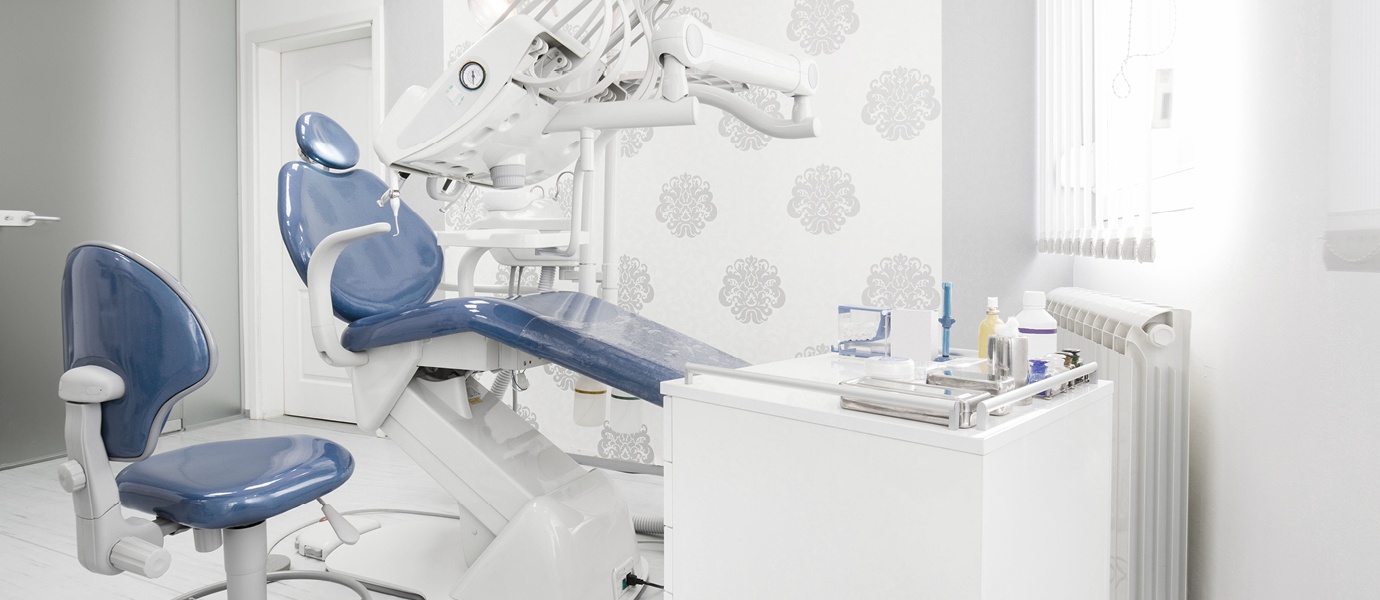Deeper Than the Headlines: Dental Provider Compliance Woes

compliance, OIG, false claims act, medicaid billing, Medicaid, whistleblowers, deeper than the headlines, compliance news, dental providers
“Open wide and say….Compliance”
Most of my blog posts reporting on settlements involve medical professionals or providers. It’s important to recognize that dental providers are also not immune to compliance woes.
Dental practices in multiple states affiliated with the dental organization MB2 Dental Solutions, recently settled for $8.45 million with the U.S. Government to resolve False Claims Act allegations involving Medicaid pediatric patients.
The allegations were brought to the government’s attention through a former employee who worked as an office manager, regional director and in other higher profile positions.
The court documents showed allegations of kickbacks, unnecessary care, and services not provided as billed.
Among the alleged activities were kickback schemes to incentivize Medicaid pediatric patients to come to the dental practices by giving patients and their families gifts as well as “patient recruiters” gifts. For example, the whistleblower alleged that family members of potential patients were given kickbacks in the form of food, Wal-Mart gift cards, certificates for free manicures/pedicures, and iPod Shuffles. It was also alleged that employees were incentivized to recruit as many potential patients as possible and that if they were successful in obtaining more than 100 patient referrals a month, they were awarded television sets, laptop computers, iPods, Xbox and PlayStations.
At the office where the former employee worked, she reports the budget for these “promotions” were in the thousands of dollars per month and that the bank account that funded the multi-state scheme had over $1 million dollars available.
Most healthcare organizations with compliance programs that conduct oversight audits should be able to prevent this kind of alleged activity. But in the complaint filed with the court, the defendants were accused of assigning their Chief Financial Officer as "compliance officer" for Medicaid. The OIG and other compliance experts have clearly pointed out the potential conflicts that can exist when the compliance officer is subordinate to, or is, the CFO or General Counsel. It was further alleged that this CFO had a "team" consisting of his daughter and one other person who reportedly "audited" the various practices to assure Medicaid compliance. These "audits" were intentionally superficial and incomplete, and were actually intended to conceal the ongoing illegal practices according to the complaint.
The complaint continued to claim that although these defendant dental practices continued to treat self-pay and PPO patients, between eighty-five to ninety percent (85%-90%) of all patients were in the Medicaid program and that the scheme was designed to perform as many services as possible during the first visit in the event the patient decided to go to a different dentist on subsequent visits.
The whistleblower claimed that one particular day was extremely successful. From the complaint it was alleged that:
“On September 16, 2011, there were three dentists present at the practice. Office hours were 9:00 a.m. to 6:00 p.m. weekdays. On that one day, the dentists billed for treating ninety (90) Medicaid patients. The total billing for that day was more than sixty-three thousand dollars ($63,000), averaging about seven hundred dollars ($700) per patient. The average amount of time that a dentist spent with a patient was 16 minutes. The work that was billed to Medicaid for each patient - including multiple fillings, crowns, and other expensive procedures would have been physically impossible to perform on any given day.”
The whistleblower received $1.521 million as her portion of the settlement. Enforcements and settlements in the dental/Medicaid space seem to be on the rise.
The HHS-OIG Special Agent in charge, CJ Porter, stated, “HHS-OIG is particularly vigilant about potential abuses in Medicaid pediatric dental offices where patients and their families are especially vulnerable to questionable practices. Today’s settlement should ensure other dental clinics are aware that we are watching how they operate and will pursue appropriate resolutions when profits are put before patient care.”
It’s not just physicians and hospitals that need to invest in meaningful compliance programs. Dental practices are under the microscope as well.

Questions or Comments?